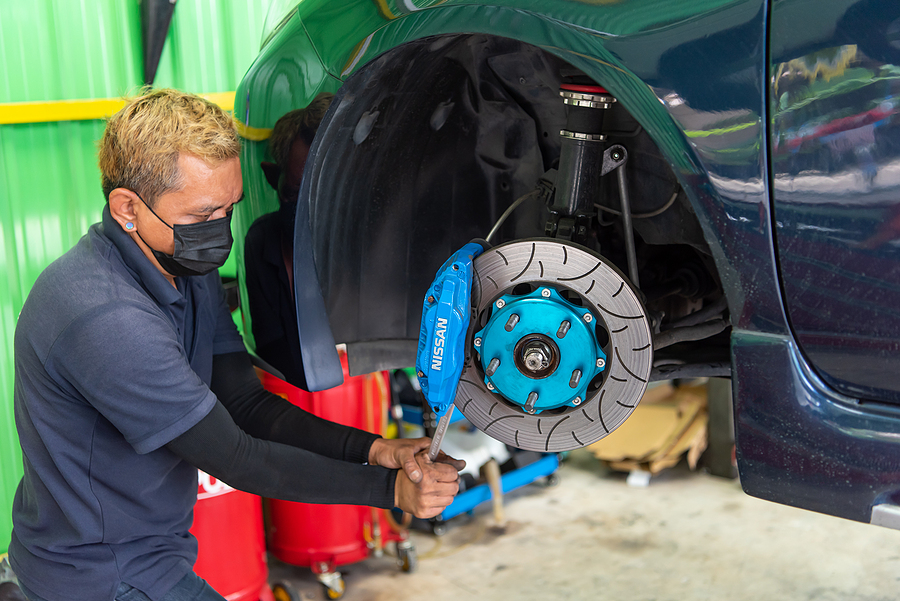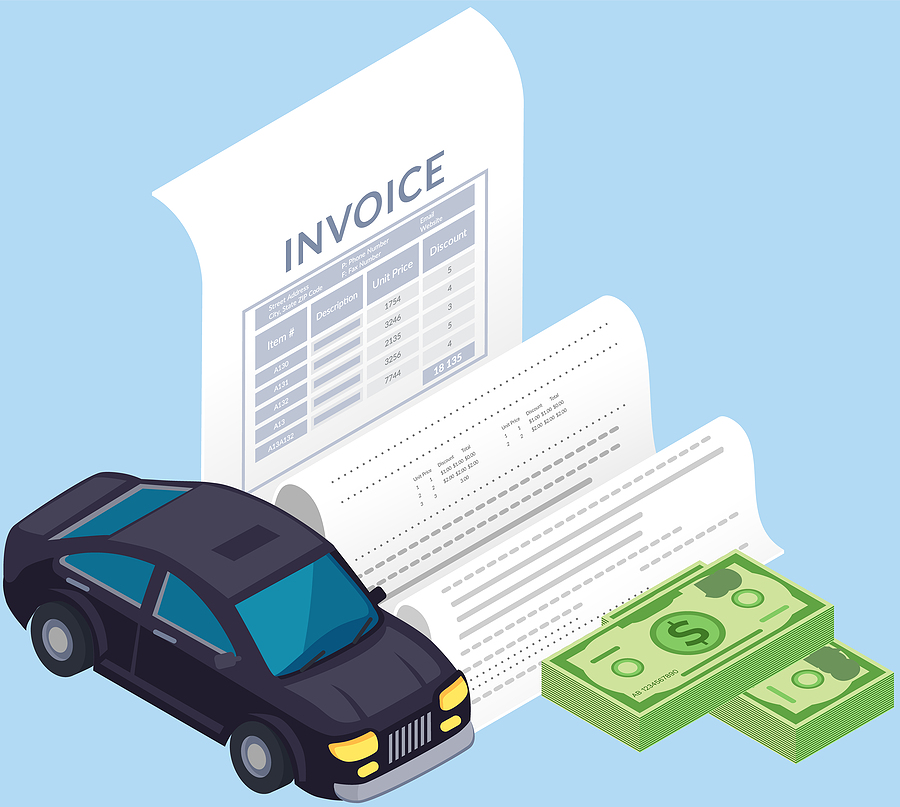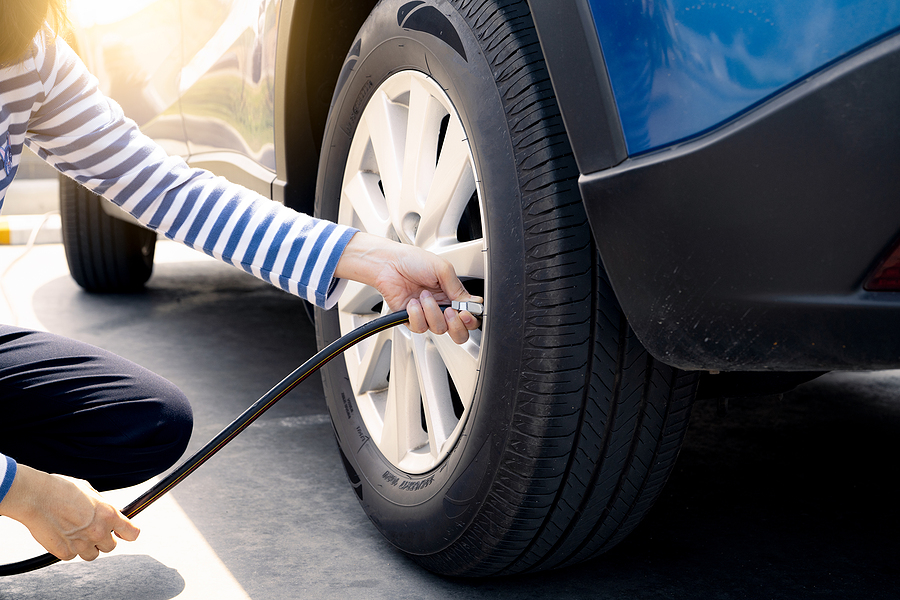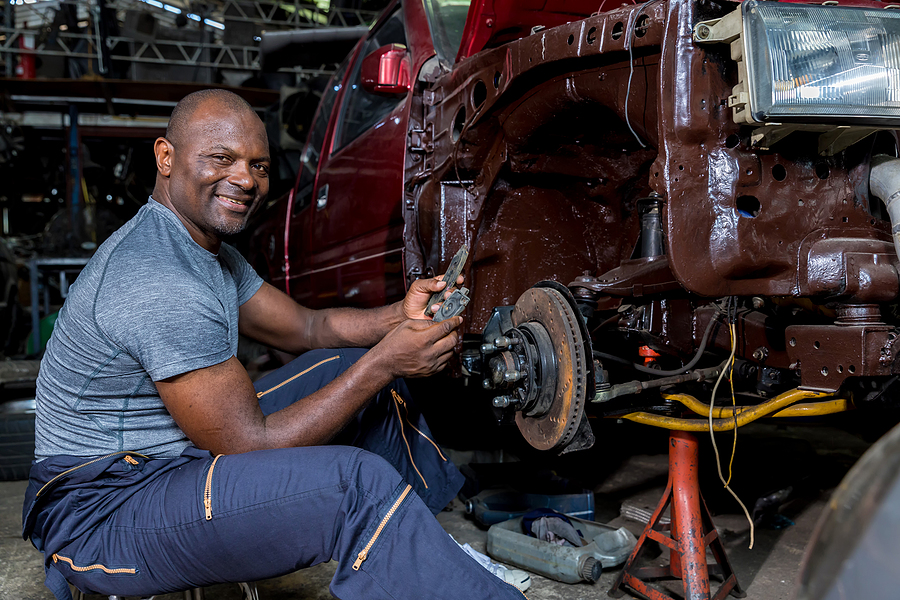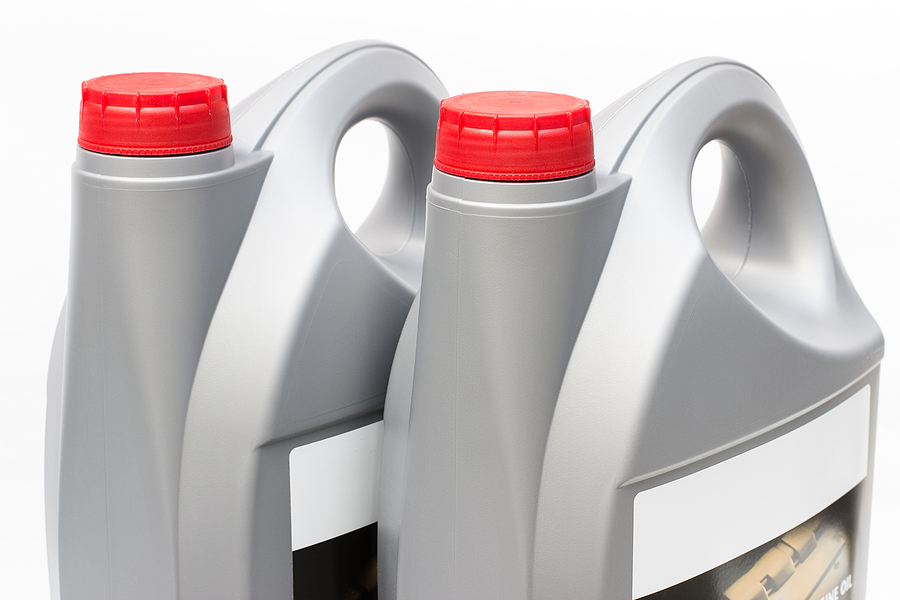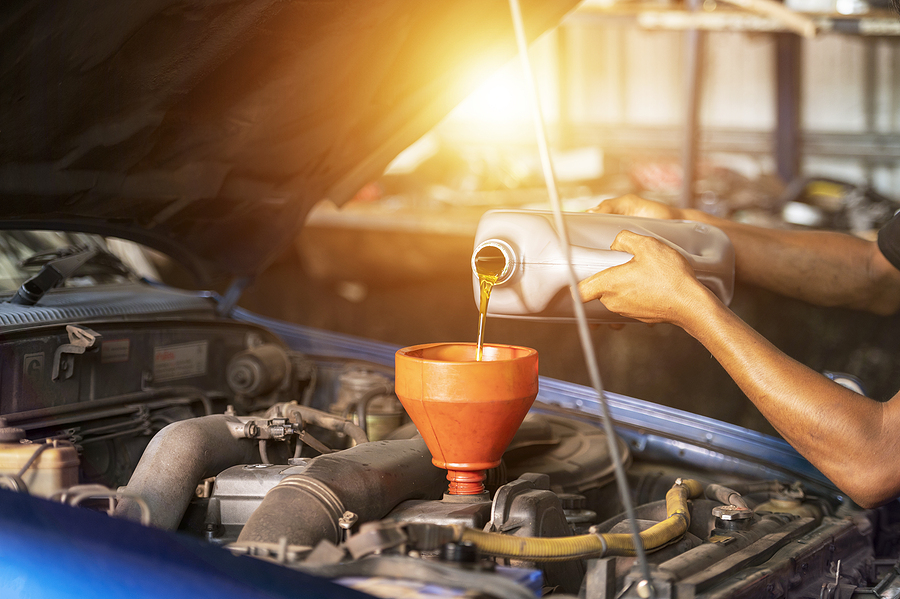Are you wondering if it is time for an oil change? Regular oil changes are essential to keeping your car running smoothly and extending its life. But how do you know when it’s time for a change? Fortunately, there are some warning signs that can help tell you when it’s time for an oil change.
In this blog post, we will explore 10 of the most common warning signs that indicate it may be time to get your vehicle serviced with an oil change as part of your factory scheduled service program. Continue reading to learn more about these important indicators so that you can keep your car in top condition!
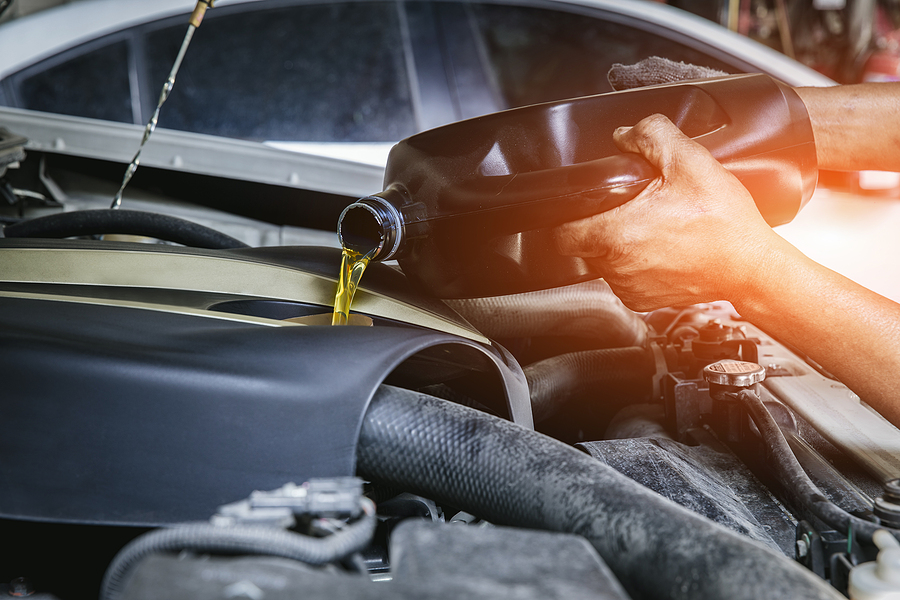
10 Signs That Suggest It’s Time to Get Your Oil Changed
1. Check engine light: One of the most obvious indicators that your car may need an oil change is if the check engine light comes on. If this occurs, it is essential that you get to a qualified mechanic right away so they can diagnose the source of the problem and determine whether or not an oil change is necessary.
2. Excessive smoke from exhaust pipe: Another warning sign that your vehicle may need an oil change is if there is excessive smoke coming from its exhaust pipe when the engine is running. This could be caused by too much fuel being burned with too little lubrication, which indicates that your car needs fresh oil and a new filter.
3. Unusual noises: If you notice any unusual sounds coming from your engine, it could be a sign that the oil needs to be changed. Screeching or knocking sounds can indicate that the oil is low or dirty, so it’s important to take your car in for service if you hear these noises.
4. Dark, gritty oil: If the oil looks dark and gritty when it is checked, this could mean that it is old and full of contaminants. This will reduce its performance in lubricating the engine parts, so it should be replaced with fresh oil asap.
5. Low levels of oil: Another major warning sign that an oil change may be necessary is if there are low levels of oil in your vehicle. Keep an eye on your dipstick and check it often to make sure the oil levels are not getting too low.
6. Engine overheating: If your car’s engine is running hotter than usual, this could indicate that there is a lack of lubrication due to dirty or old oil. An oil change can help reduce engine temperature and protect your vehicle from damage caused by overheating.
7. Sludgy residue in dipstick: When you check the dipstick, if the oil feels thick or sludgy, this usually means that it has become contaminated over time and needs to be changed.
8. Unusual odor: A strong burning smell coming from under your hood could mean that motor oil has burned up and requires replacement.
9. Vehicle performance: If you notice that your vehicle is performing worse than usual, such as losing power or struggling to accelerate, this could be a sign that the engine has become gunked up due to old oil and needs an oil change.
10. Factory scheduled service: Finally, it’s important to keep track of when your factory scheduled service program suggests getting your car serviced for an oil change. Ignoring this schedule can lead to problems down the road and should be avoided at all costs!
The Importance of Good Oil Change Timing
These are just some of the most common warning signs that indicate it may be time for an oil change. Pay attention to them so that you can catch any issues with your car before they become major problems. And don’t forget to stick to your factory scheduled service program for regular oil changes that will keep your vehicle running smoothly and prolong its life!
By understanding these 10 warning signs, you can ensure that your car is maintained properly and remains in good condition for years to come. So, if you notice any of these indicators, don’t hesitate to get an oil change as soon as possible! It could save you a lot of time, money, and frustration down the road.
Are you ready to book your scheduled oil change and routine automotive services with a dependable mechanic? Contact Northeast Auto Service at 317-475-1846 for ASE licensed and trained factory scheduled maintenance and oil changes in Indianapolis, Indiana. We offer oil change specials, year round!
Related Posts:
10 Tips for Saving Money on Factory Scheduled Car Maintenance
Top 3 Ways to Improve Your Car’s Fuel Functionality
Check These Five Automotive Fluids Regularly

